A CHILLING WALK THROUGH HISTORY
If ever there was a place that could fuel a revolution, it was the streets around Whitechapel. And it is this threatening, despairing atmosphere that Perry captures so vividly in her historical thriller.
The Orlando Sentinel
A juicy mystery The Whitechapel Conspiracy recalls the edginess and romantic spark between Charlotte and Thomas that made the series so appealing to begin with. The novels ending is exciting and satisfying.
The Boston Globe
Anne Perry has outdone herself with The Whitechapel Conspiracy. The characters are unforgettable and the plotting superb in this thrilling read.
Romantic Times Magazine Top Pick
Perry pulls out the stops and delivers one of the finest performances of her career. A mesmerizing and suspenseful tale, rich in period detail, rife with articulate and believable characters.
Publishers Weekly (starred review)
One of her best works Perry deftly weaves the different threads of her story into a powerful tale of corruption, patriotism, and loyalty. She uses her extensive knowledge of the period and actual historical events to heighten the suspense. Superb writing and characterization.
Library Journal
By Anne Perry
Published by The Random House Publishing Group:
Featuring William Monk:
THE FACE OF A STRANGER
A DANGEROUS MOURNING
DEFEND AND BETRAY
A SUDDEN, FEARFUL DEATH
THE SINS OF THE WOLF
CAIN HIS BROTHER
WEIGHED IN THE BALANCE
THE SILENT CRY
A BREACH OF PROMISE
THE TWISTED ROOT
SLAVES OF OBSESSION
FUNERAL IN BLUE
DEATH OF A STRANGER
THE SHIFTING TIDE
DARK ASSASSIN
EXECUTION DOCK
Featuring Thomas and Charlotte Pitt:
THE CATER STREET HANGMAN
CALLANDER SQUARE
PARAGON WALK
RESURRECTION ROW
BLUEGATE FIELDS
RUTLAND PLACE
DEATH IN THE DEVILS ACRE
CARDINGTON CRESCENT
SILENCE IN HANOVER CLOSE
BETHLEHEM ROAD
HIGHGATE RISE
BELGRAVE SQUARE
FARRIERS LANE
THE HYDE PARK HEADSMAN
TRAITORS GATE
PENTECOST ALLEY
ASHWORTH HALL
BRUNSWICK GARDENS
BEDFORD SQUARE
HALF MOON STREET
THE WHITECHAPEL CONSPIRACY
SOUTHAMPTON ROW
SEVEN DIALS
LONG SPOON LANE
BUCKINGHAM PALACE GARDENS
The World War I Novels:
NO GRAVES AS YET
SHOULDER THE SKY
ANGELS IN THE GLOOM
AT SOME DISPUTED BARRICADE
WE SHALL NOT SLEEP
The Christmas Novels:
A CHRISTMAS JOURNEY
A CHRISTMAS VISITOR
A CHRISTMAS GUEST
A CHRISTMAS SECRET
A CHRISTMAS BEGINNING
A CHRISTMAS GRACE
This book contains an excerpt from Southampton Row by Anne Perry. This excerpt has been set for this edition only and may not reflect the final contents of the published book.
A Ballantine Book
Published by The Random House Publishing Group
Copyright 2001 by Anne Perry
Excerpt from Southampton Row by Anne Perry copyright 2002 by Anne Perry
All rights reserved.
Published in the United States by Ballantine Books, an imprint of The Random House Publishing Group, a division of Random House, Inc., New York, and simultaneously in Canada by Random House of Canada Limited, Toronto.
B ALLANTINE and colophon are registered trademarks of Random House, Inc.
eISBN: 978-0-307-76770-7
www.ballantinebooks.com
v3.1
To Hugh and Anne Pinnock,
in friendship
Contents

1

T HE COURTROOM at the Old Bailey was crowded. Every seat was taken and the ushers were turning people back at the doors. It was April 18, 1892, the Monday after Easter, and the opening of the London Season. It was also the third day in the trial of distinguished soldier John Adinett for the murder of Martin Fetters, traveler and antiquarian.
The witness on the stand was Thomas Pitt, superintendent of the Bow Street police station.
From the floor of the court Ardal Juster for the prosecution stood facing him.
Let us start at the beginning, Mr. Pitt. Juster was a dark man of perhaps forty, tall and slender with an unusual cast of feature. He was handsome in some lights, in others a trifle feline, and there was an unusual grace in the way he moved.
He looked up at the stand. Just why were you at Great Coram Street? Who called you?
Pitt straightened up a little. He was also a good height, but he resembled Juster in no other way. His hair was too long, his pockets bulged, and his tie was crooked. He had testified in court since his days as a constable twenty years before, but it was never an experience he enjoyed. He was conscious that at the very least a mans reputation was at stake, possibly his liberty. In this case it was his life. He was not afraid to meet Adinetts cold, level stare from the dock. He would speak only the truth. The consequences were not within his control. He had told himself that before he climbed the short flight of steps to the stand, but it had been of no comfort.
The silence had grown heavy. There was no rustling in the seats. No one coughed.
Dr. Ibbs sent for me, he replied to Juster. He was not satisfied with all the circumstances surrounding Mr. Fetterss death. He had worked with me before on other matters, and he trusted me to be discreet should he be mistaken.
I see. Would you tell us what happened after you received Dr. Ibbss call?
John Adinett sat motionless in the dock. He was a lean man, but strongly built, and his face was stamped with the confidence of both ability and privilege. The courtroom held men who both liked and admired him. They sat in stunned disbelief that he should be charged with such a crime. It had to be a mistake. Any moment the defense would move for a dismissal and the profoundest apologies would be offered.
Pitt took a deep breath.
I went immediately to Mr. Fetterss house in Great Coram Street, he began. It was just after five in the afternoon. Dr. Ibbs was waiting for me in the hall and we went upstairs to the library, where the body of Mr. Fetters had been found. As he spoke the scene came back to his mind so sharply he could have been climbing the sunlit stairs again and walking along the landing with its huge Chinese pot full of decorative bamboo, past the paintings of birds and flowers, the four ornate wooden doors with carved surrounds, and into the library. The late-afternoon light had poured in through the tall windows, splashing the Turkey rug with scarlet, picking out the gold lettering on the backs of the books that lined the shelves, and finding the worn surfaces of the big leather chairs.
Juster was about to prompt him again.
The body of a man was lying in the far corner, Pitt continued. From the doorway his head and shoulders were hidden by one of the large leather armchairs, although Dr. Ibbs told me it had been moved a little to enable the butler to reach the body in the hope that some assistance could be given
Reginald Gleave for the defense rose to his feet. My lord, surely Mr. Pitt knows better than to give evidence as to something he cannot know for himself? Did he see the chair moved?
The judge looked weary. This was going to be a fiercely contested trial, as he was already uncomfortably aware. No point, however trivial, was going to be allowed past.


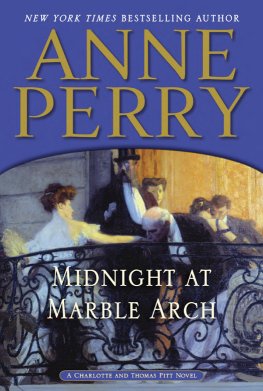
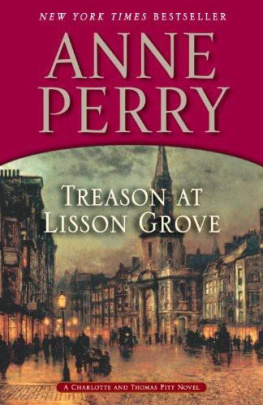
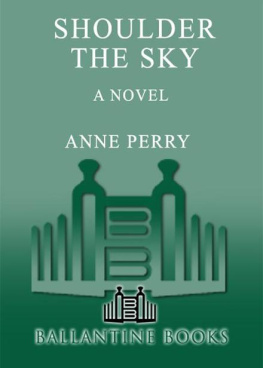
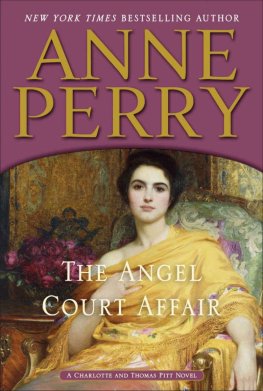
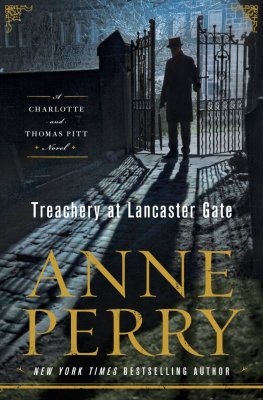
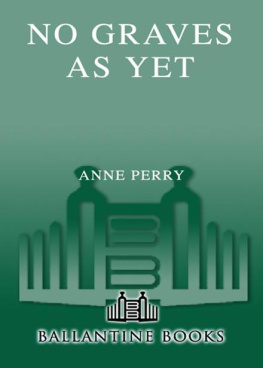
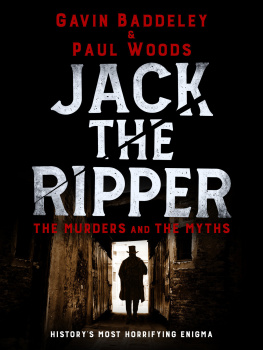
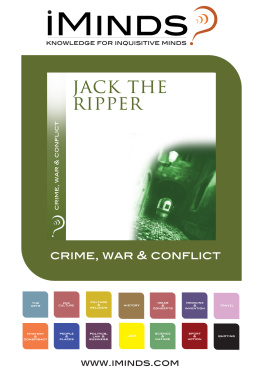
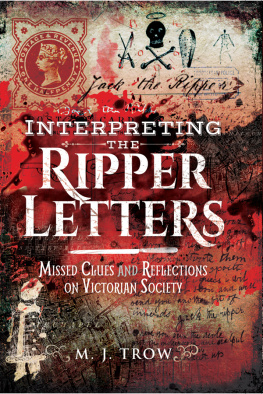
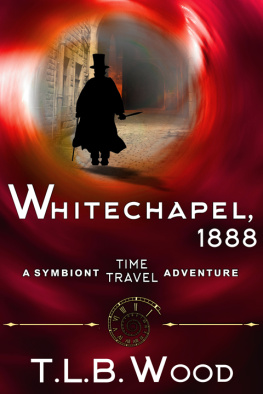
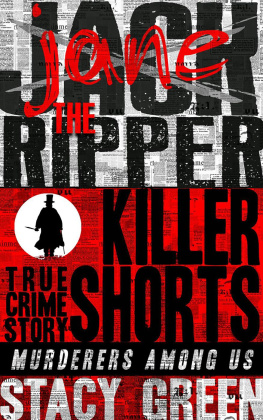
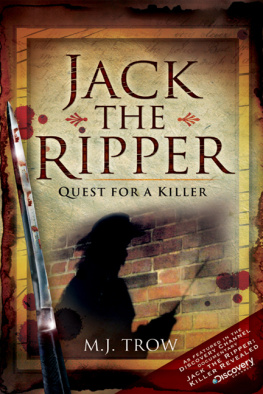
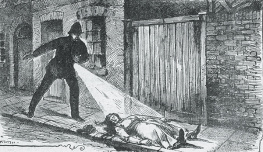
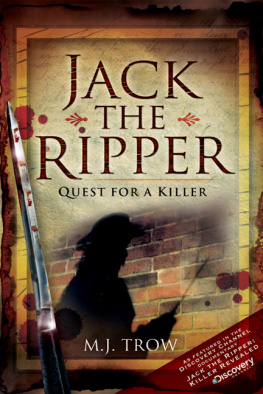
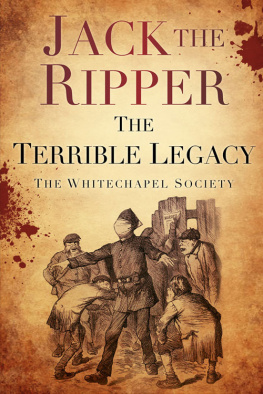

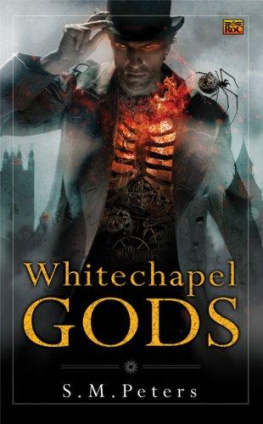
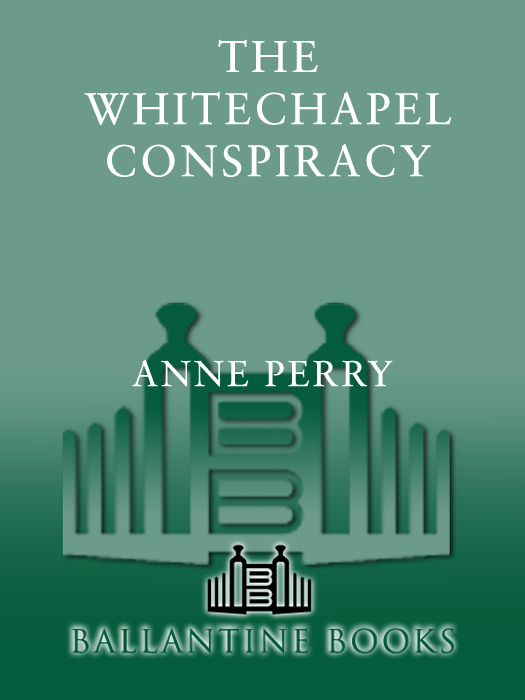
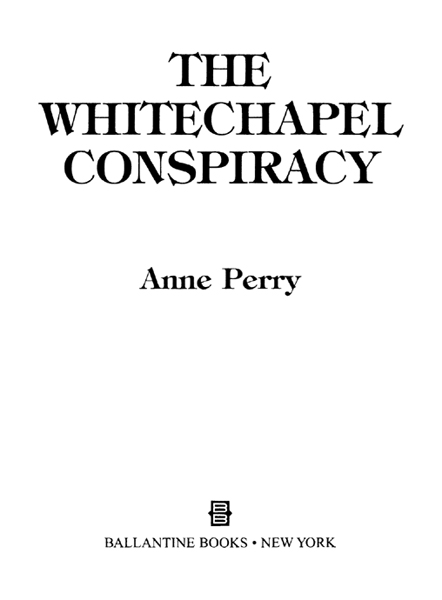
 1
1